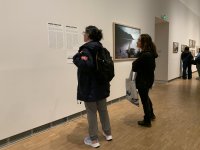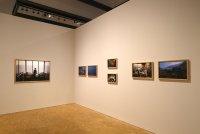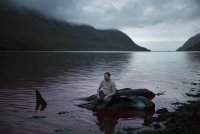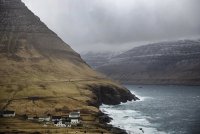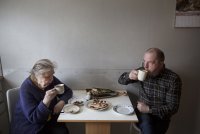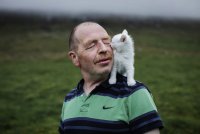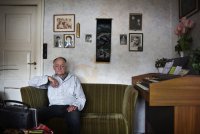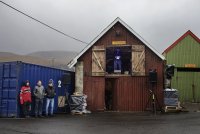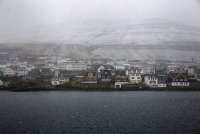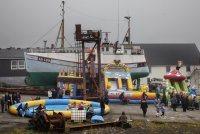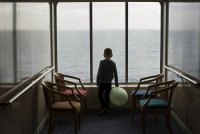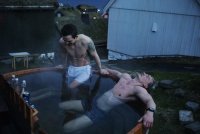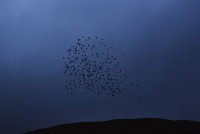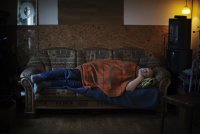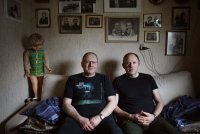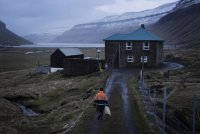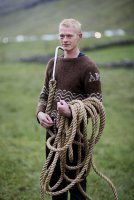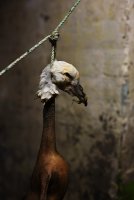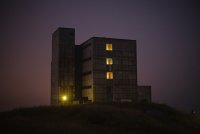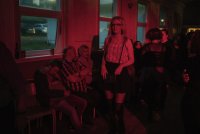Biographie
2001-2003: Photojournalism studies, Oslo and Akershus University College of Applied Sciences (now OsloMet). His work is exhibited in Europe and around the world and has been awarded numerous prizes. He has been published by: National Geographic, The New York Times, Time Magazine, The Financial Times, The Wall Street Journal, WIRED, Süddeutsche Zeitung Magazin, Die Zeit, Der Spiegel, Stern, Newsweek Japan, M Le Monde, GEO, Mare Magazin, D La Republica, Esquire, Espresso, Verdens Gang, etc…
He is present in several public and private collections in Europe.
Andrea Gjestvang has produced two books: Atlantic Cowboy, GOST Books (in progress) and En dag i historien (One Day in History), Pax Forlag.
Présentation
"Atlantic Cowboy" depicts men and masculinity in small communities in the Faroe Islands. Since the financial crisis in the 1990s, many young women have left the small island nation in the North Atlantic. They go to Copenhagen and other European cities to study, and more than half don't return. This made me curious: How does the lack of women affect and challenge small communities and the men who live there? Between 2014 and 2019, I had several extended journeys to the island community. Through portraits, depictions of everyday situations, and the landscape surrounding them, I explored the identity and role of the traditional male in the face of a changing society. I was also curious to see if social and cultural structures contribute to many women choosing to move. "Fishing dominates both the economy and social life, from which women increasingly distance themselves," says Firouz Gaini, professor of social anthropology and gender researcher at the University of Torshavn. In his studies of masculinity in the Faroe Islands, the "Atlantic cowboy" emerged; a relatively traditional and pragmatic man who stays in his home village after finishing school to become a fisherman, like his father and grandfather. He earns good money, is religious, and can build a house for his wife and children. This kind of man used to be in great demand. Now his time is running out. According to Gaini, the type of masculinity that used to be prevalent is no longer attaining the same status and privileges in today's society. My method as a documentary photographer is a combination of journalistic research and following my gut feeling. I spend time and keep coming back. On many days when I was photographing in the Faroe Islands, I would drive around and stop when I saw something interesting. I knocked on doors and invited myself in. When I sat down with the men and had coffee, often in their childhood home - surrounded by family photos, plastic flowers, and trinkets their ancestors had collected - I asked them about their relationship to love and solitude, about their dreams and expectations in life. The conversations eventually turned to the weather, the sheep and the neighbors.

